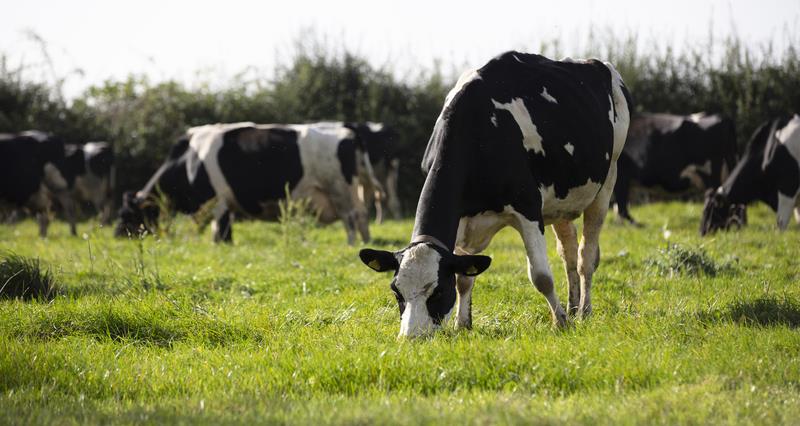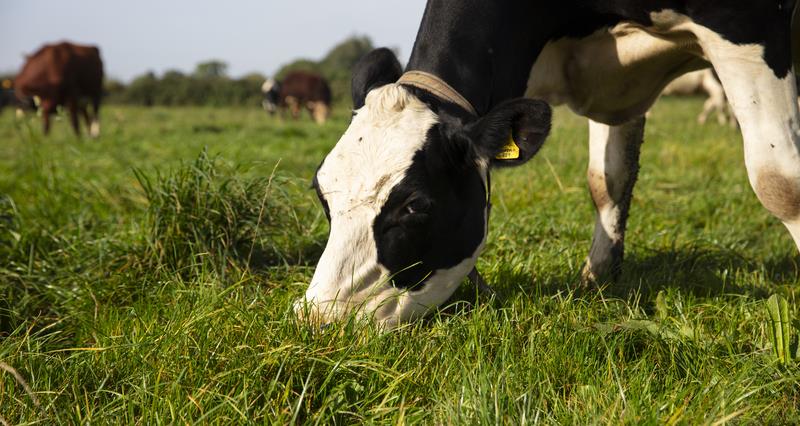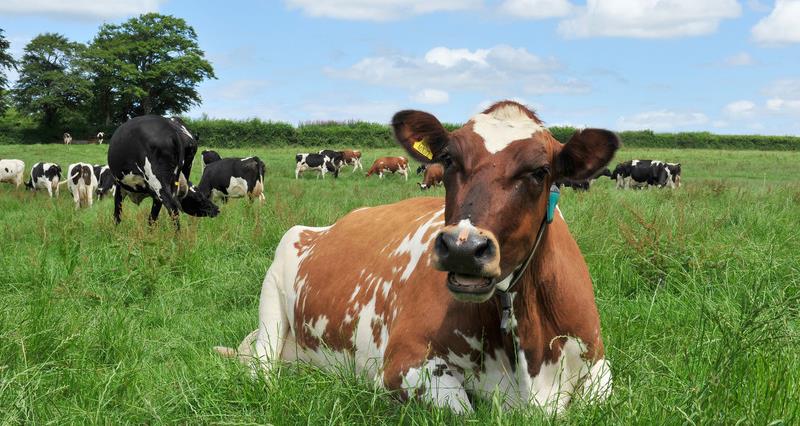Stagnation, stability or progress? This was the pressing question at the Dairy-Tech 2024 show due to the significantly lower milk price all dairy farmers are currently experiencing at the farmgate in comparison to this time last year.
This is coupled with pressures put on the dairy sector to meet ever-increasing environmental regulation in emissions and carbon footprint. It is fair to say that the sector is facing the brunt of changing government and public attitudes, and it is clear that we as a sector must find ways to promote British milk to the consumer in whatever way we can, including utilising the buzzword of ‘sustainability’.
More work needed to promote British dairy
Answering questions on the meaning and practicalities around sustainability and how it can be utilised by the dairy sector for good was discussed at great depth in the ‘State of the Nation’ session at Dairy-Tech 2024.
The panel boasted a broad range of expertise and life experiences, but everyone came back to the same overarching message: we must promote the invaluable work British dairy farmers are doing to make milk more sustainable to the public and consumer, and we are not yet good enough at this.
“Not only do we as a sector need to be more intimately connected with our consumer but also within supply chain itself.”
Student & Young Farmer Ambassador Magnus Brown
NFU Cymru Deputy President Abi Reader was rightly firm in arguing the British dairy industry is leading the way across business in tackling our emissions. She said, as a sector, we must shout louder about this and not let other groups who seek to undermine us overshadow this fact.
Many of the panel agreed, with Adam White (Head of Agricultural, Barclays) advocating for greater exploitation of the greater public’s fascination with farming. Not only do we as a sector need to be more intimately connected with our consumer but also within supply chain itself.
Regional Veterinary Head of Farm at IVC Evidensia Navaratnam Partheeban weighed in from his veterinary perspective, calling for cooperation within the industry if it is to thrive, as well as an understanding of the changing public demographic, with practical research as to their evolving wants and needs for the products we are selling to them.
Public engagement is key
The need for the greater diversity and inclusivity within the dairy industry was also rightly discussed. Rob Hitch, with his accountancy expertise from Dodd & Co, observed that increasing the public engagement would not only be valuable in selling our products, but also to unlocking a labour market apparent in urban areas.
Many of the panel pointed out the keenness of the public to get involved with hands-on farm initiatives such as Open Farm Sunday, and this demonstrates many of the public would love to fill the shortfall in farm workers seen across the agricultural industry.
Lydon Edwards, a farmer himself, advocated for greater use of these campaigns, as getting the public on farm is beneficial for not only them but also rewarding for farmers themselves.
Finally, Louise Meehan (Google) from her non-farming background raised the important issue of how we physically sell our products to the public in supermarkets.
She argued that the consumer now has more environmental and nutritional considerations that they take into account when buying food, and that food packaging and labelling must reflect these changing behaviours.
Abi Reader of NFU Cymru advocated that the dairy sector must seek to promote its high environmental standards, but not to the point where we are giving our data away for free en masse. At my family’s dairy farm at home, this data could refer to our farm’s carbon footprint which is calculated as part of our milk contract.
The extra hoops, including those of an environmental nature, which the sector must jump through in creating low carbon milk must be reflected in what we get paid. Profitability will always drive environmental innovation and progress, and those in positions of influence must remember this.




